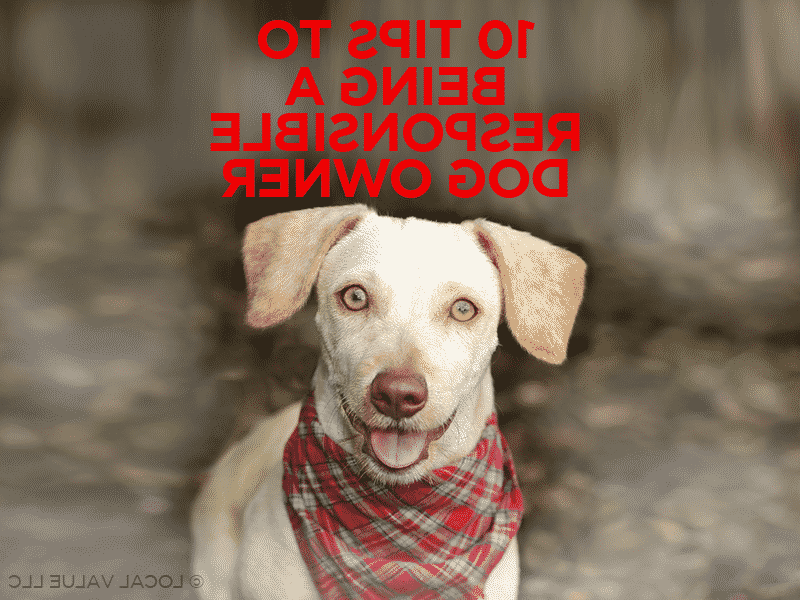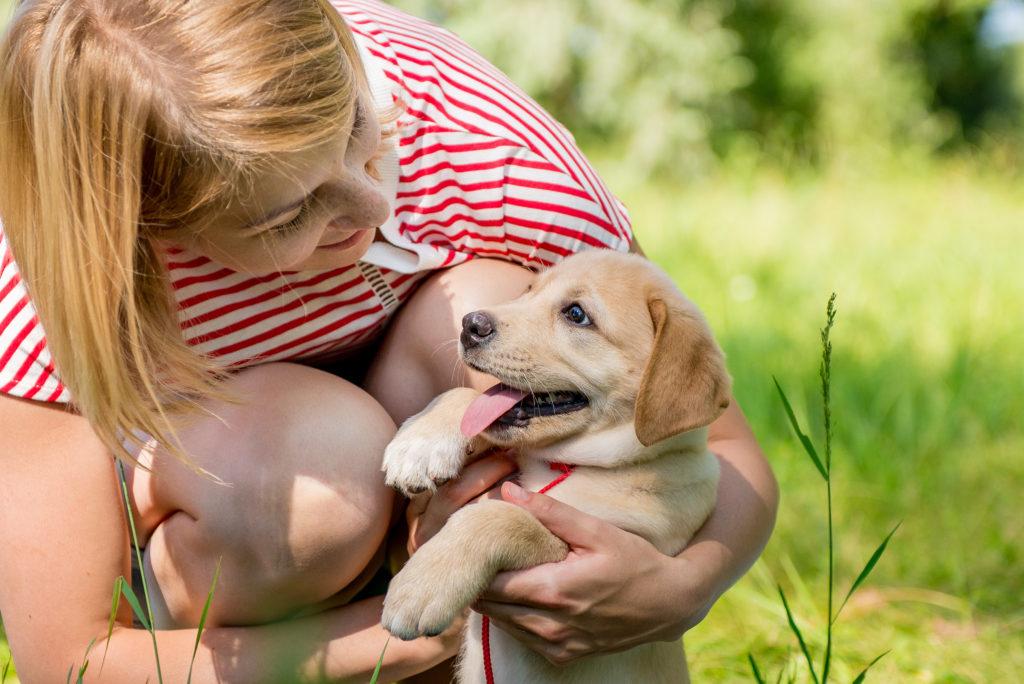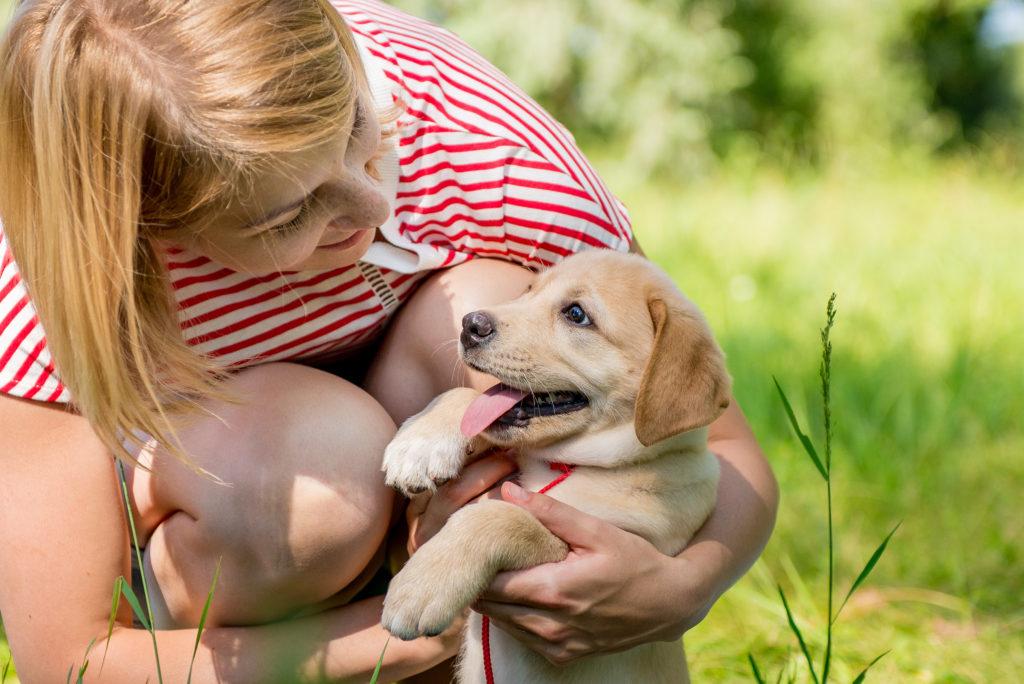Ever found yourself frustrated with a neighbour’s barking dog or dodging a surprise on the footpath? These are common issues that highlight the importance of responsible dog ownership in Australia. Owning a dog is a joy, but it comes with responsibilities that extend beyond feeding and walking. It’s about ensuring your furry mate is well-behaved, healthy, and happy, while also being considerate of your community. This article aims to guide you through the essentials of being a responsible dog owner. From understanding your dog’s needs to the joys of a well-trained companion, we’ll explore how you can create a harmonious life with your four-legged friend. Let’s dive into the world of responsible dog ownership and discover the rewards it brings.
Choosing the Right Dog

Factors to Consider When Selecting a Breed
Choosing the right dog breed is more than just picking the cutest pup. It’s about finding a breed that fits your lifestyle and environment. Consider your living space. Do you have a big backyard or a cosy apartment? Some breeds need room to roam, while others are content with a comfy couch. Think about your activity level too. Are you an active person who loves long walks, or do you prefer a more relaxed pace? Different breeds have different energy levels, and matching this with your own can make a world of difference.
Understanding the Needs and Characteristics of Different Breeds
Each breed comes with its own set of needs and characteristics. Some dogs are known for their intelligence and trainability, while others might be more independent. Researching these traits can help you understand what to expect. For instance, working breeds often need a job to do, while toy breeds might be more focused on companionship. Knowing these details helps ensure you and your new mate are a perfect match.
Preparing Your Home
Creating a Safe and Comfortable Environment for Your Dog
Before your new dog arrives, it’s crucial to make your home a safe haven. Start by dog-proofing your space. Remove any hazardous items like electrical cords, small objects, or toxic plants. Think about setting up a designated area where your dog can relax and feel secure. This could be a cosy corner with a comfy bed or a crate that serves as their personal retreat. Remember, a calm environment helps your dog settle in more easily.
Essential Supplies and Equipment for New Dog Owners
- Food and Water Bowls: Choose sturdy, non-slip bowls that are easy to clean.
- Quality Dog Food: Consult your vet to find the best diet for your dog’s breed and age.
- Collar and Leash: Ensure they are the right size and comfortable for your dog.
- Grooming Tools: Brushes, nail clippers, and shampoo suited to your dog’s coat type.
- Toys: Provide a variety of toys to keep your dog entertained and mentally stimulated.
Having these essentials ready not only makes your dog feel at home but also sets the stage for a smooth transition into your life together.
Training and Socialisation

The Importance of Early Training and Socialisation
Getting your dog started with training and socialisation early on is crucial. It sets the foundation for a well-behaved and confident companion. Puppies are like sponges, soaking up experiences and learning how to interact with the world around them. Early training helps them understand basic commands and boundaries, while socialisation introduces them to different people, animals, and environments. This combination reduces the risk of behavioural issues down the track.
Effective Training Techniques and Tips for Success
When it comes to training, consistency is key. Use positive reinforcement techniques like treats and praise to encourage good behaviour. Keep training sessions short and fun to maintain your dog’s interest. Patience is essential; every dog learns at their own pace. Start with simple commands like “sit” and “stay,” gradually moving to more complex tasks. Socialisation can be as simple as taking your dog to a park or inviting friends over. The goal is to expose them to a variety of situations in a controlled manner.
Health and Veterinary Care

Regular Health Check-ups and Vaccinations
Keeping your dog healthy is a top priority, and regular vet check-ups are a big part of that. These visits help catch any potential issues early and ensure your dog is up-to-date with vaccinations. Vaccinations protect against serious diseases like parvovirus and distemper, which are common in Australia. Your vet can also provide advice on flea, tick, and worm prevention, tailored to your dog’s needs.
Common Health Issues and Preventative Care
Dogs can face a range of health issues, from dental problems to obesity. Regular exercise and a balanced diet are key to preventing these. Dental care is often overlooked, but brushing your dog’s teeth or providing dental chews can prevent gum disease. Keep an eye on your dog’s weight, as obesity can lead to other health problems. Regular grooming not only keeps your dog looking good but also helps spot skin issues or parasites early. Prevention is always better than cure, so staying proactive with your dog’s health can save a lot of trouble down the line.
Nutrition and Diet
Understanding Your Dog’s Nutritional Needs
Just like us, dogs need a balanced diet to stay healthy and active. Their nutritional needs can vary based on age, breed, size, and activity level. Puppies, for instance, require more protein and calories to support their growth, while older dogs might need fewer calories to prevent weight gain. It’s important to understand these needs to ensure your dog gets the right nutrients.
Choosing the Right Food and Feeding Schedule
Picking the right food for your dog can feel overwhelming with so many options out there. Start by checking the ingredients list. Look for high-quality proteins like chicken or beef as the main ingredient. Avoid foods with too many fillers or artificial additives. It’s also a good idea to consult your vet for recommendations tailored to your dog’s specific needs.
When it comes to feeding schedules, consistency is key. Most dogs do well with two meals a day, but puppies might need more frequent feeding. Establish a routine that fits your lifestyle and stick to it. This helps with digestion and keeps your dog feeling satisfied throughout the day.
Exercise and Mental Stimulation
Daily Exercise Requirements for Different Breeds
Exercise is a must for keeping your dog healthy and happy, but not all breeds need the same amount. High-energy breeds like Border Collies or Australian Shepherds thrive on lots of physical activity. They need at least an hour or two of exercise daily. On the other hand, breeds like Bulldogs or Basset Hounds are more laid-back and might be content with a couple of short walks. Knowing your dog’s exercise needs helps prevent boredom and behavioural issues.
Activities and Games to Keep Your Dog Mentally Stimulated
Keeping your dog’s mind active is just as important as physical exercise. Try puzzle toys that challenge them to find treats or play hide and seek with their favourite toy. Teaching new tricks or commands can also be a great way to engage their brain. Interactive games like fetch or tug-of-war not only provide physical exercise but also strengthen your bond. Remember, a mentally stimulated dog is a happy dog.
Grooming and Hygiene

Basic Grooming Routines and Tools
Keeping your dog well-groomed is more than just a beauty routine; it’s essential for their health. Regular brushing helps remove loose fur and prevents matting, especially in long-haired breeds. A good brush suited to your dog’s coat type is a must-have. Nail clippers are also important to keep those claws in check. Overgrown nails can cause discomfort or even lead to injury. Don’t forget a gentle dog shampoo for those bath times. Bathing should be done as needed, depending on your dog’s lifestyle and coat type.
Tips for Maintaining Your Dog’s Hygiene
Maintaining your dog’s hygiene is a key part of responsible ownership. Start with regular ear checks to prevent infections, especially in breeds with floppy ears. Clean their ears gently with a vet-recommended solution. Dental hygiene is often overlooked, but brushing your dog’s teeth or using dental chews can prevent gum disease. Keep an eye on their eyes too; some breeds are prone to tear stains or infections. A quick wipe with a damp cloth can help. Lastly, always check for ticks and fleas, particularly after outdoor adventures. Regular grooming sessions are a great opportunity to bond with your dog while keeping them healthy and happy.
Legal Responsibilities
Understanding Local Laws and Regulations Regarding Dog Ownership
Owning a dog in Australia isn’t just about cuddles and playtime; it’s also about understanding and following local laws. Each state and territory has its own set of rules when it comes to dog ownership. These laws cover everything from leash requirements in public spaces to noise control. It’s crucial to familiarise yourself with these regulations to avoid any fines or legal issues. Being informed not only keeps you on the right side of the law but also ensures your dog is safe and well-behaved in the community.
Registration, Microchipping, and Identification Requirements
Registering your dog with the local council is a must. It helps authorities keep track of pets and ensures that lost dogs can be reunited with their owners quickly. Microchipping is another essential step. It’s a simple procedure that provides a permanent form of identification. If your dog ever goes missing, a microchip can be scanned to reveal your contact details. Don’t forget a sturdy collar with an ID tag, including your phone number. These steps are small but vital in ensuring your dog’s safety and your peace of mind.
Final Thoughts
Responsible dog ownership enriches both your life and your community. By choosing the right breed and preparing your home, you lay the foundation for a fulfilling relationship. Training, health care, and understanding legal responsibilities ensure your dog is a well-adjusted member of society. Embrace the joys and challenges of this journey, knowing that your efforts lead to a happier, healthier pet. Commit to being a responsible dog owner and enjoy the lifelong rewards it brings.
